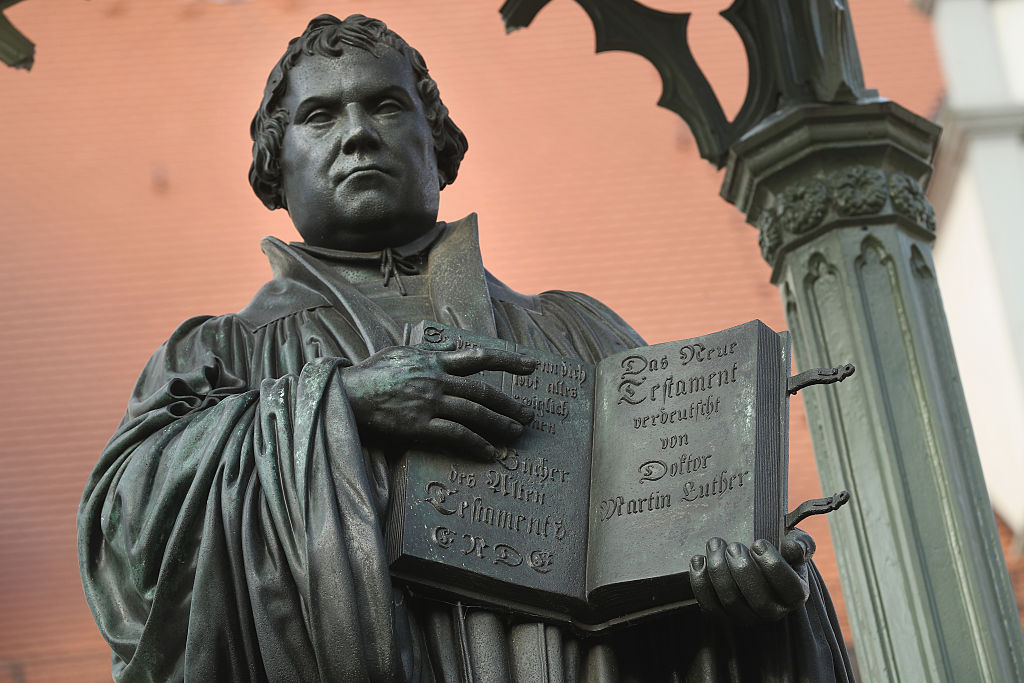I sometimes identify with something that Evelyn Waugh once said. A friend asked him how come he claimed to be a Christian, being such a cantankerous curmudgeon, such a master of cruel wit. Well, Waugh replied, imagine how horrid I’d be if I didn’t try to be a Christian.
There’s something authentically Christian in that answer – an admission that we can never be very successful Christians. Because it demands so much, this religion is an awkward commitment, full of tension and ambiguity. Because it demands so much, we can be honest about our failure.
For me, this capacity for honesty is crucial. If I felt there was no room in Christianity for such honesty, I think I would have walked away. For it would feel artificial, hypocritical – a matter of pretending to be more pious and moral than one really is. Instead, this religion feels like the place of the greatest possible psychological honesty. And this approach to faith was pioneered by the theologian who is in the news at the moment – Martin Luther, who launched the Protestant reformation 500 years ago this week.
In fact there’s something of Luther in that Evelyn Waugh quote – Luther often talked about the dramatic tension between our natural human impulses and our awareness of what we ought to do. Like that cartoon image of the person with an angel on one shoulder and a devil on the other. In the Christian life, he said, this sort of tension never ends. Though we trust that we are saved, we remain sinners. The church of his day pretended things were smoother. You can achieve the status of successful Christian, it said. You can become moral and holy, a channel of God’s love.
That’s why Luther became a monk – he wanted to be a real, hard-core Christian. But when he studied scripture, especially Paul’s letters, he saw that this was wrong. It’s not good enough to be very, very good – we can’t reach divine goodness. Instead, God allows us to share in his divine goodness, despite our limitations. According to the cliché, you can’t earn your salvation, you just gotta have faith. But that’s only half right – for how can we have pure enough faith? Surely only a really holy person has full-strength faith in God’s grace?
And here is Luther’s genius – no, he said, our feeble and conflicted faith is enough. This is how it is meant to be. For we’re human – though we aspire to perfect love we are pre-programmed for selfishness. And even in our attempts to do good we can go wrong, pride can take over. We can be honest about this, unashamed. We don’t have to use religion as a fantasy realm, in which a special elite has cleansed itself of the sins of the world. We can be honest to God – and to each other, and to our selves.







Comments